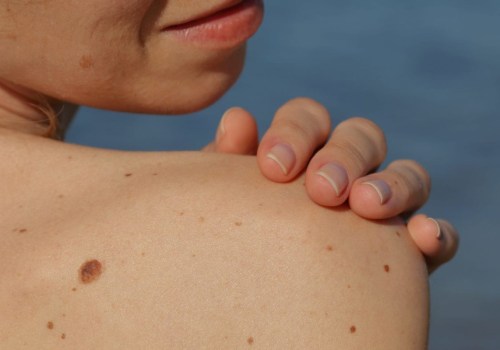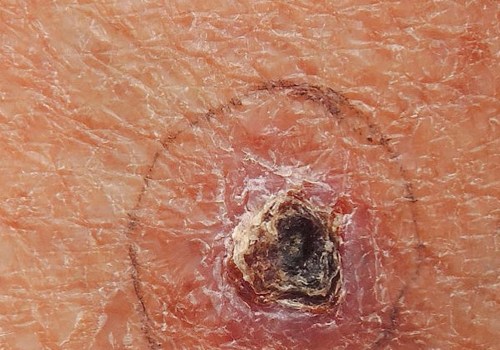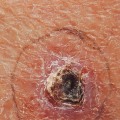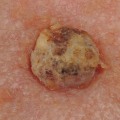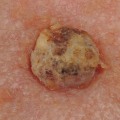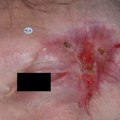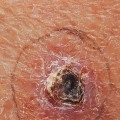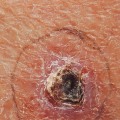Skin cancer is one of the most common types of cancer, and it can be a frightening diagnosis. Fortunately, there are a variety of treatments available to help manage and treat skin cancer. While traditional treatments such as surgery, radiation, and chemotherapy are the most common, there are also alternative treatments that may be beneficial for some patients. Surgery is the most common treatment for skin cancer.
It involves removing the cancerous cells from the body, either through excision or Mohs surgery. In excision surgery, the surgeon removes the entire tumor and some of the surrounding healthy tissue. In Mohs surgery, the surgeon removes thin layers of tissue until all of the cancerous cells have been removed. Surgery is usually effective in treating skin cancer, but it can leave scars and may not be suitable for all patients. Radiation therapy is another common treatment for skin cancer.
It involves using high-energy beams to kill cancer cells. Radiation therapy can be used to treat both non-melanoma and melanoma skin cancers. It is usually used in combination with other treatments such as surgery or chemotherapy. Radiation therapy can cause side effects such as fatigue, skin irritation, and hair loss. Chemotherapy is a type of treatment that uses drugs to kill cancer cells.
It is usually used in combination with other treatments such as surgery or radiation therapy. Chemotherapy can cause side effects such as nausea, vomiting, hair loss, and fatigue. Immunotherapy is a type of treatment that uses the body's own immune system to fight cancer cells. It works by stimulating the immune system to recognize and attack cancer cells. Immunotherapy can be used to treat both non-melanoma and melanoma skin cancers.
It is usually used in combination with other treatments such as surgery or chemotherapy.Photodynamic therapy (PDT) is a type of treatment that uses light to kill cancer cells. It works by activating a special drug that is injected into the body. The drug then absorbs light energy from a laser or other light source and produces a chemical reaction that kills cancer cells. PDT can be used to treat both non-melanoma and melanoma skin cancers. Targeted therapy is a type of treatment that targets specific molecules in cancer cells in order to stop them from growing and spreading.
Targeted therapies are usually used in combination with other treatments such as surgery or chemotherapy. They can be used to treat both non-melanoma and melanoma skin cancers. Alternative therapies are treatments that are not part of traditional medicine but may still be beneficial for some patients with skin cancer. Examples of alternative therapies include acupuncture, herbal remedies, massage therapy, meditation, yoga, and dietary changes. While these therapies may not cure skin cancer, they may help reduce stress and improve quality of life for some patients. Skin cancer can be a frightening diagnosis, but there are a variety of treatments available to help manage and treat it.
Traditional treatments such as surgery, radiation, and chemotherapy are the most common, but there are also alternative treatments that may be beneficial for some patients. It is important to talk to your doctor about all of your options so that you can make an informed decision about which treatment is best for you.

